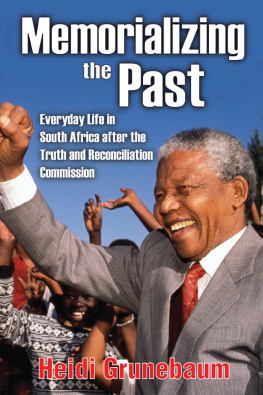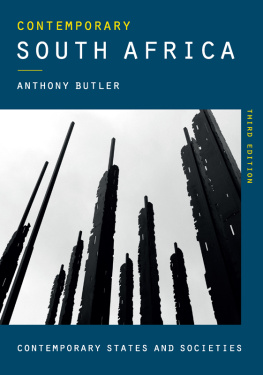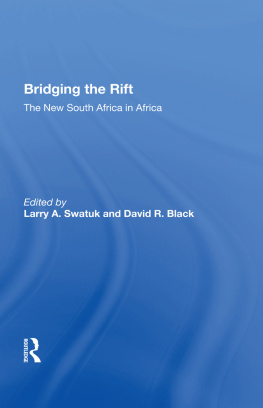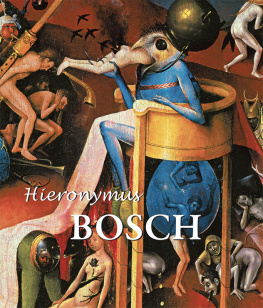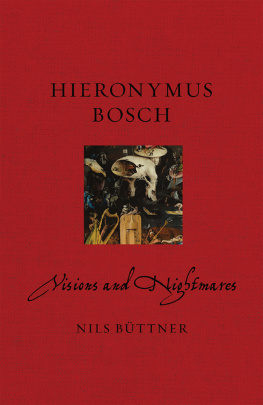
Social Media and Everyday Life in South Africa
This book explores how social media is used in South Africa, through a range of case studies exploring various social networking sites and applications.
This volume explores how, over the past decade, social media platforms have deeply penetrated the fabric of everyday life. The author considers South Africans use of wearable tech and use of online health and sports tracking systems via mobile phones within the broader context of the digital data economy. The author also focuses on the dating app Tinder, to show how people negotiate and redefine intimacy through the practice of online dating via strategic performances in pursuit of love, sex and intimacy. The book concludes with the use of Facebook and Twitter for social activism (e.g. Fees Must Fall), as well as networked community building as in the case of the #imstaying movement.
This book will be of interest to social media academics and students, as well as anyone interested in social media, politics and cultural life in South Africa.
Tanja E. Bosch is Associate Professor of Media Studies and Production at the University of Cape Town. She teaches multimedia production, social media, radio studies and research methods.
Routledge Contemporary South Africa
1. #FeesMustFall and Youth Mobilisation in South Africa
Reform or Revolution?
Musawenkosi W. Ndlovu
2. Rights-based Litigation, Urban Governance and Social Justice in South Africa
The Right to Joburg
Marius Pieterse
3. Mining and Community in South Africa
From Small Town to Iron Town
Edited by Lochner Marais, Philippe Burger and Deidr van Rooyen
4. Reversing Urban Inequality in Johannesburg
Edited by Melissa Tandiwe Myambo
5. Uprooting University Apartheid in South Africa
From Liberalism to Decolonization
Teresa Barnes
6. International Mediation in the South African Transition
Brokering Power in Intractable Conflicts
Zwelethu Jolobe
7. Agency and Social Transformation in South African Higher Education
Pushing the Bounds of Possibility
Grace Ese-osa Idahosa
8. Social Policy in Post-Apartheid South Africa
Social Re-engineering for Inclusive Development
Ndangwa Noyoo
9. Participatory Theatre and the Urban Everyday in South Africa
Place and Play in Johannesburg
Alex Halligey
10. Social Media and Everyday Life in South Africa
Tanja E. Bosch
Social Media and Everyday Life in South Africa
Tanja E. Bosch
First published 2021
by Routledge
2 Park Square, Milton Park, Abingdon, Oxon OX14 4RN
and by Routledge
52 Vanderbilt Avenue, New York, NY 10017
Routledge is an imprint of the Taylor & Francis Group, an informa business
2021 Tanja E. Bosch
The right of Tanja E. Bosch to be identified as author of this work has been asserted by her in accordance with sections 77 and 78 of the Copyright, Designs and Patents Act 1988.
All rights reserved. No part of this book may be reprinted or reproduced or utilised in any form or by any electronic, mechanical, or other means, now known or hereafter invented, including photocopying and recording, or in any information storage or retrieval system, without permission in writing from the publishers.
Trademark notice: Product or corporate names may be trademarks or registered trademarks, and are used only for identification and explanation without intent to infringe.
British Library Cataloguing-in-Publication Data
A catalogue record for this book is available from the British Library
Library of Congress Cataloging-in-Publication Data
Names: Bosch, Tanja Estella, author.
Title: Social media and everyday life in South Africa / Tanja E Bosch.
Other titles: Routledge contemporary South Africa.
Description: Abingdon, Oxon ; New York, NY : Routledge, 2021 | Series: Routledge contemporary South Africa | Includes bibliographical references and index.
Identifiers: LCCN 2020026360 (print) | LCCN 2020026361 (ebook) | ISBN 9780367280796 (hardback) | ISBN 9780429316524 (ebook)
Subjects: LCSH: Social mediaSouth Africa. | Social mediaSocial aspectsSouth Africa.
Classification: LCC HM742 .B666 2021 (print) | LCC HM742 (ebook) | DDC 312.2310968dc23
LC record available at https://lccn.loc.gov/2020026360
LC ebook record available at https://lccn.loc.gov/2020026361
ISBN: 978-0-367-28079-6 (hbk)
ISBN: 978-0-429-31652-4 (ebk)
Typeset in Bembo
by Apex CoVantage, LLC
Many thanks to the following colleagues for reading and giving valuable feedback on early drafts of some of the chapters in this book: Ana Deumert, Jane Duncan, Francis Nyamnjoh and Jack Qiu.
Thanks also to my colleagues at the University of Cape Town for allowing me a few weeks leave at short notice during 2019 for the final writing phase; and for covering my duties in my absence: Herman Wasserman, Shose Kessi and Jane Bennett.
This book project was made possible by a Mellon Foundation Grant, awarded by the Humanities Faculty at the University of Cape Town.
The personal lives of researchers play a key role in the choice of research topics and their approaches to data, and many of the chapters that follow begin with a degree of self-reflexivity and an anecdote about what sparked an academic interest in each particular platform or app. My journey as a media studies academic began in the field of radio studies, coming into academia from a postgraduate degree in communication for development, with a primary research focus on community radio; and my first monograph Broadcasting Identity explored how various types of radio stations in South Africa play a role in constructing different types of identities in post-apartheid South Africa. Observing young family members around me interact with various types of digital media led to an initial foray into researching the use of the messaging app MXit (Bosch, 2008); and then several years later, observing my then pre-teen son use Instagram, I developed a strong interest in social media and the potential for apps to play a role in identity construction through curated self-representations. To a large extent this sums up the primary focus of this book, which stems from a curiosity about how people use social media to navigate everyday life. Later, observing the use of social media on the campus of the University of Cape Town, in the protest campaigns of Rhodes Must Fall and Fees Must Fall, I shifted my attention to activism, exploring the South African specific use of social media in political campaigns.
This book explores how South Africans use social media platforms and apps in their everyday lives, based on the premise that digital platforms have become part of the production and performance of contemporary sociality. It argues that South Africans use social media apps to document life, preserve memories and as a curated stream of self-reflection and self-creation. The central argument of this book is that everyday social media use can be a site of democracy, and that citizenship can be practiced in spaces of leisure and popular culture, outside traditional politics.




